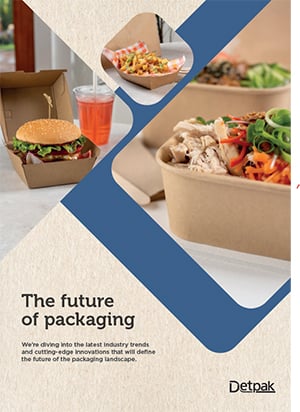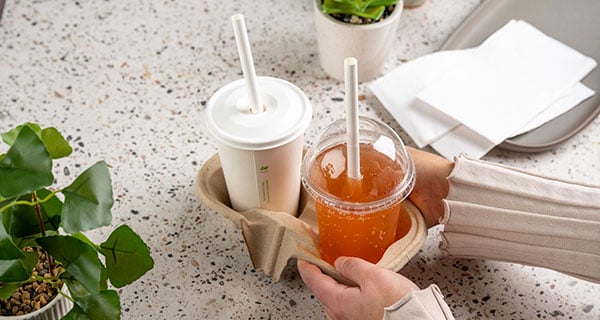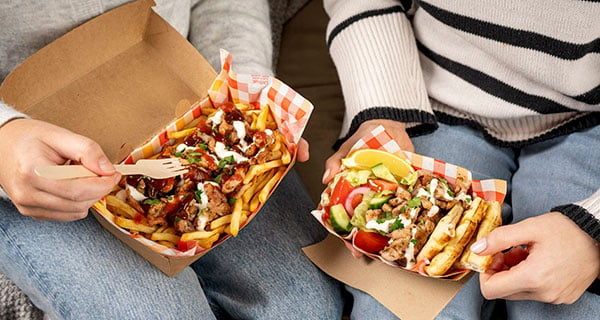Plastic Reduction
Australian States have and continue to enforce bans/legislation on single-use problematic plastics encouraging packaging to be reusable, recyclable or compostable, sustainable packaging.
What is plastic reduction?
As the name suggests, plastic reduction refers to efforts and strategies to decrease the production, use and disposal of single-use plastic materials to minimise their environmental impact. Single-use soft plastic materials are often challenging to recover, recycle or compost due to their composition and low value in a circular economy. Several plastic pacts globally aim to eliminate, reduce and transition away from problematic and unnecessary single-use plastic packaging.
What is "Supp's" and why is plastic packaging being banned?
Single-use problematic plastics, or Supp's for short, typically refers to polymer-based materials that are added to packaging, but are difficult to collect through existing infrastructure, and hard to recycle.
Governments and organisations around the world acknowledge that SUPP's should be phased out and, as a result, are taking action against SUPP's. Globally, legislation banning specific packaging items continues to come into force.
At Detpak, globally, we're committed to reducing and eliminating unnecessary plastics by staying ahead and complying with SUPP's legislation. By following the Sustainable Packaging Guidelines (SPGs) and collaborating with some of the world's biggest brands, our dedicated product designers and research and development team continue to work hard behind the scenes to design sustainable and compliant, fibre-based packaging that's fit-for-purpose.
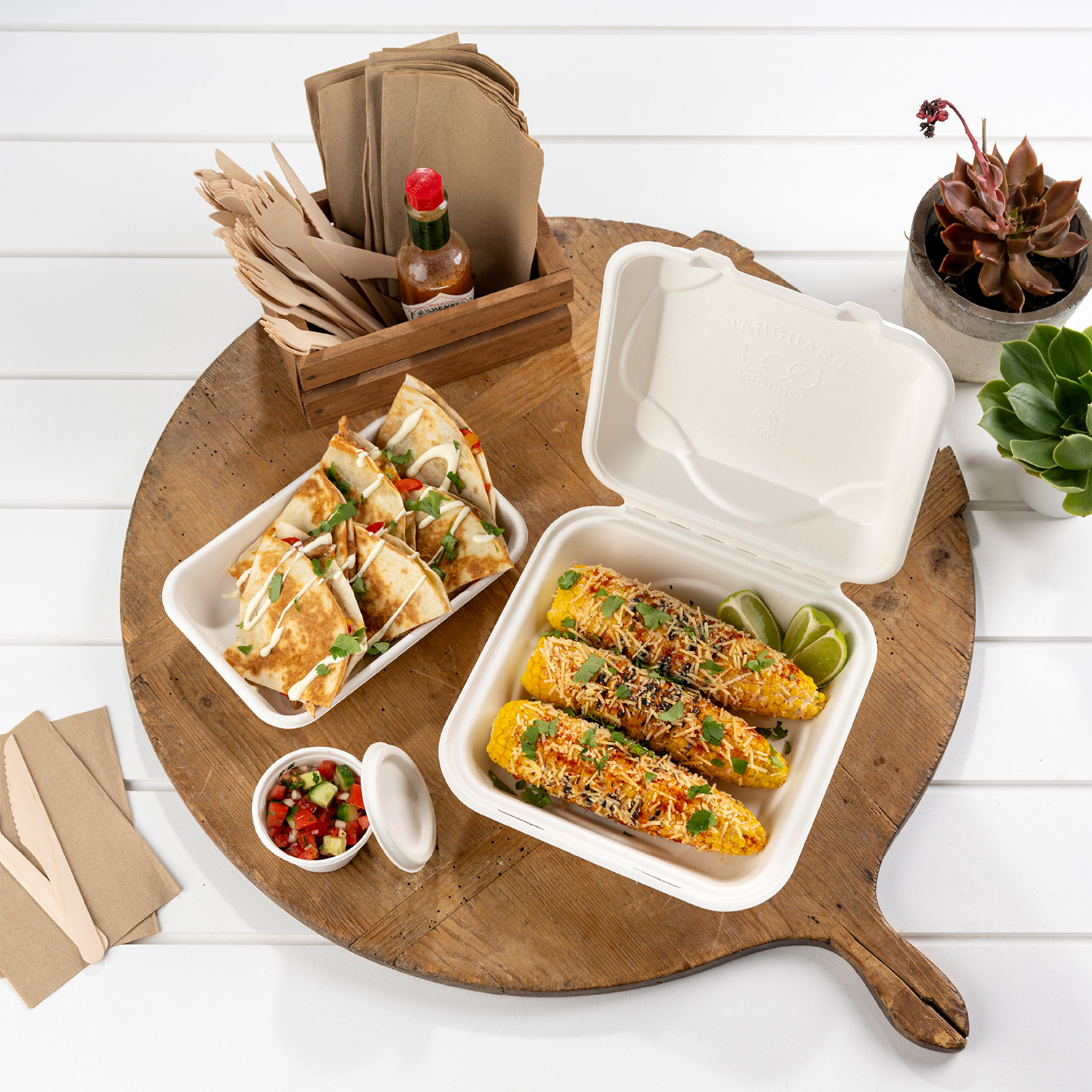
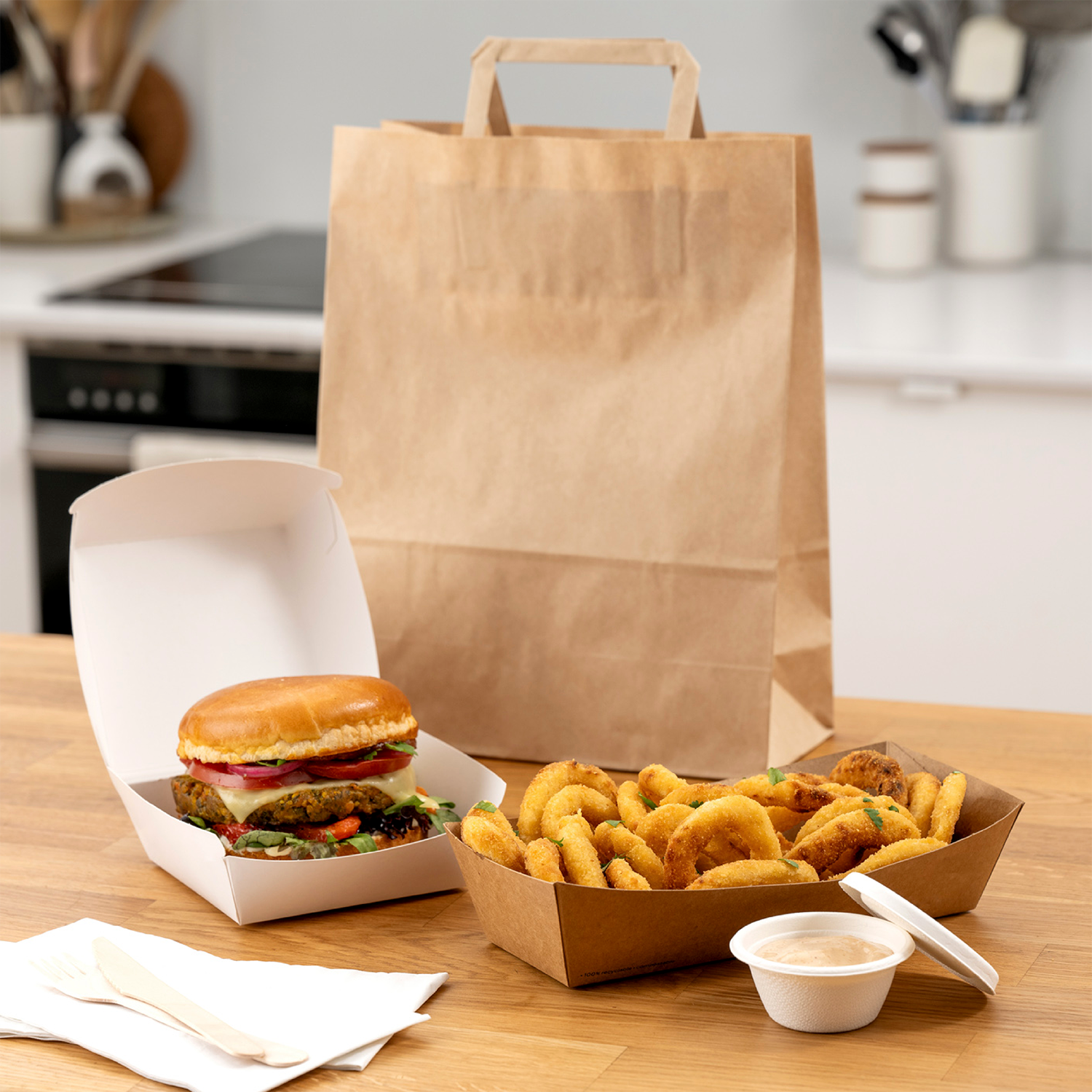
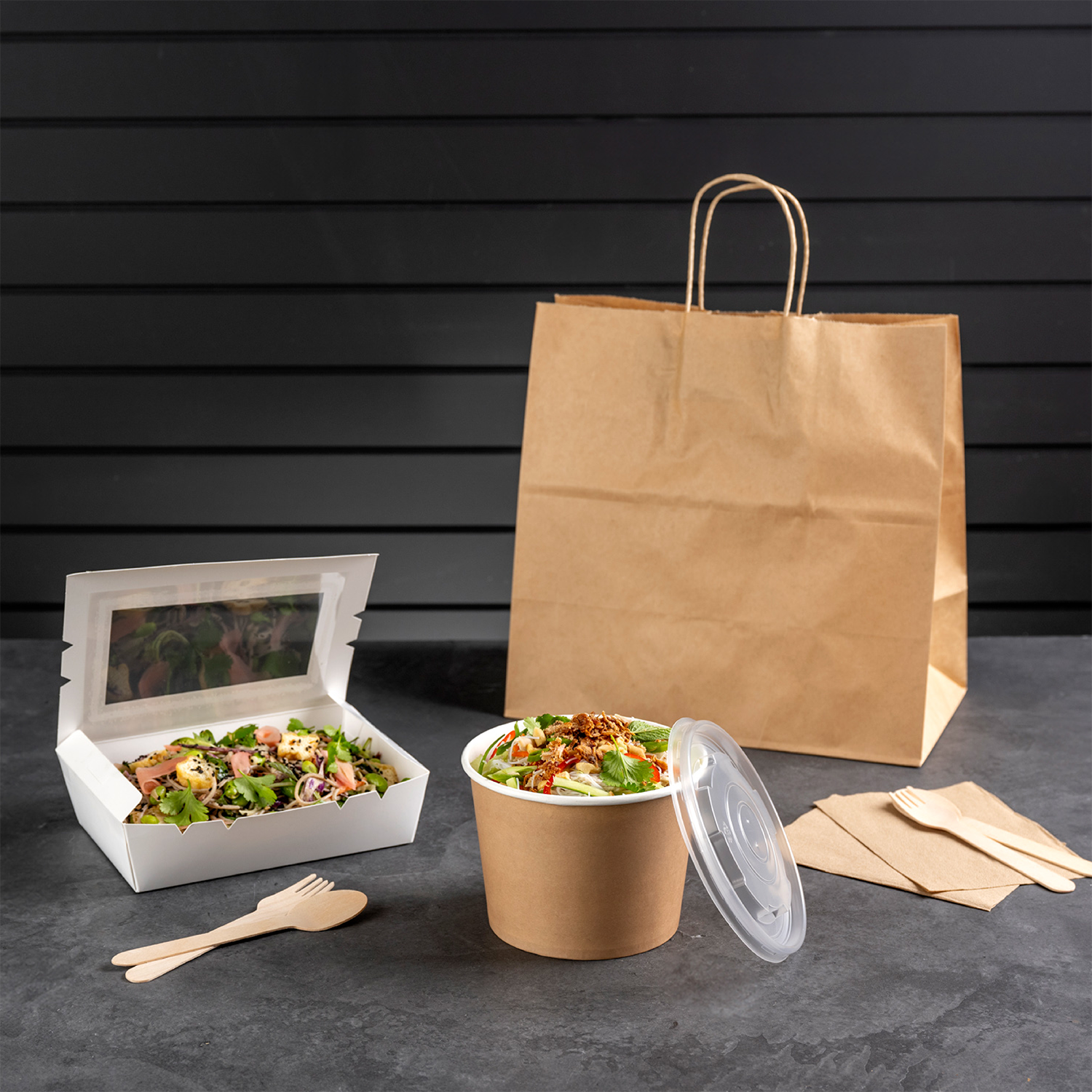
Why is my government banning my packaging?
To tackle the growing problem of plastic waste, Australian governments have committed to national packaging targets set by the Australian Packaging Covenant Organisation (APCO). These targets are part of a bigger plan to make packaging more sustainable and reduce its impact on the environment.
The first step in this journey is the Toward 2025 targets, which include:
- Making sure 100% of packaging is reusable, recyclable or compostable
- Ensuring 70% of plastic packaging is actually recycled or composted
- Using an average of 50% recycled content in all packaging
- Phasing out problematic and unnecessary single-use plastic packaging (SUPP's)
This means businesses are encouraged to shift towards alternatives such as sustainable paper bags, fibre-based food cartons and trays, and compostable cups and cup accessories.
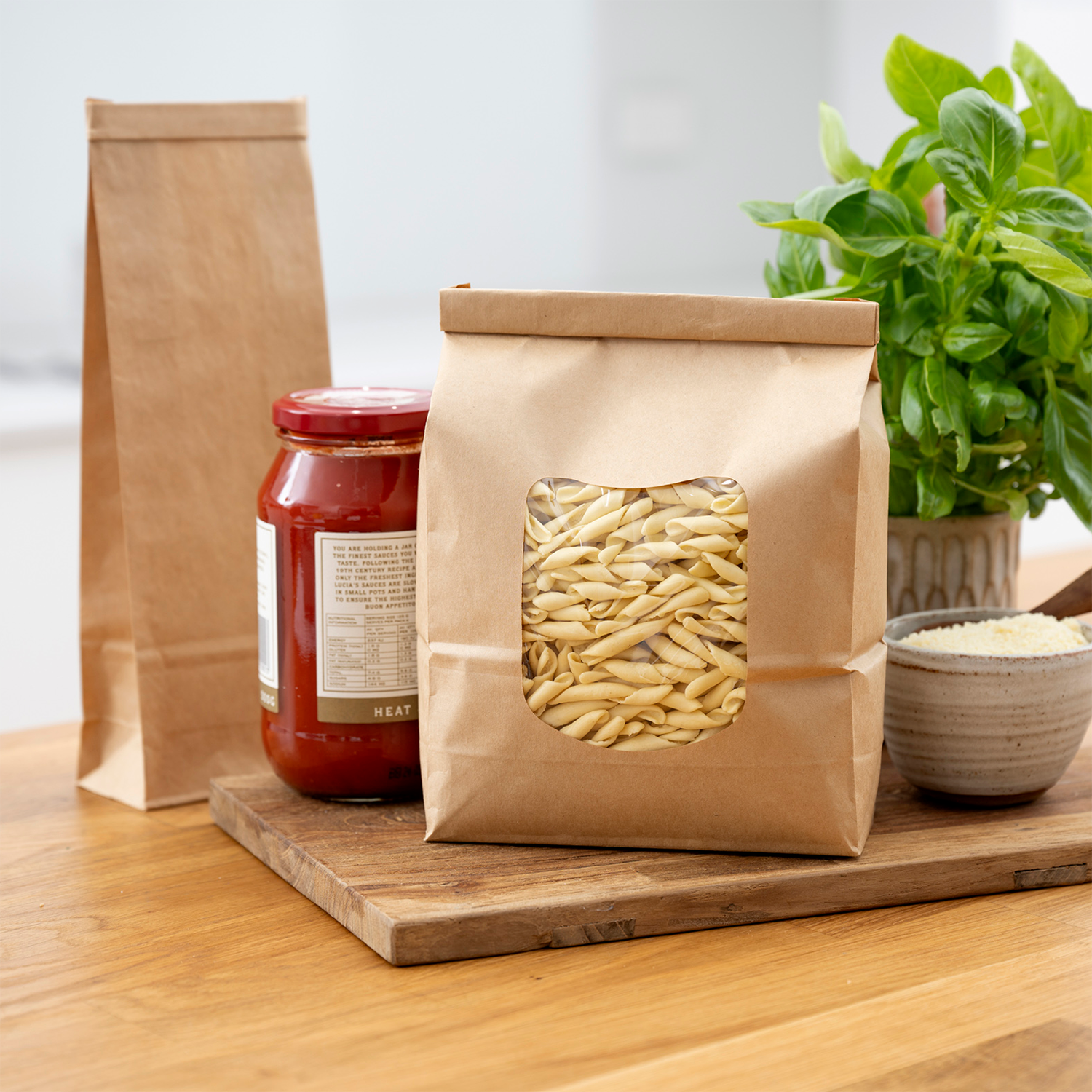
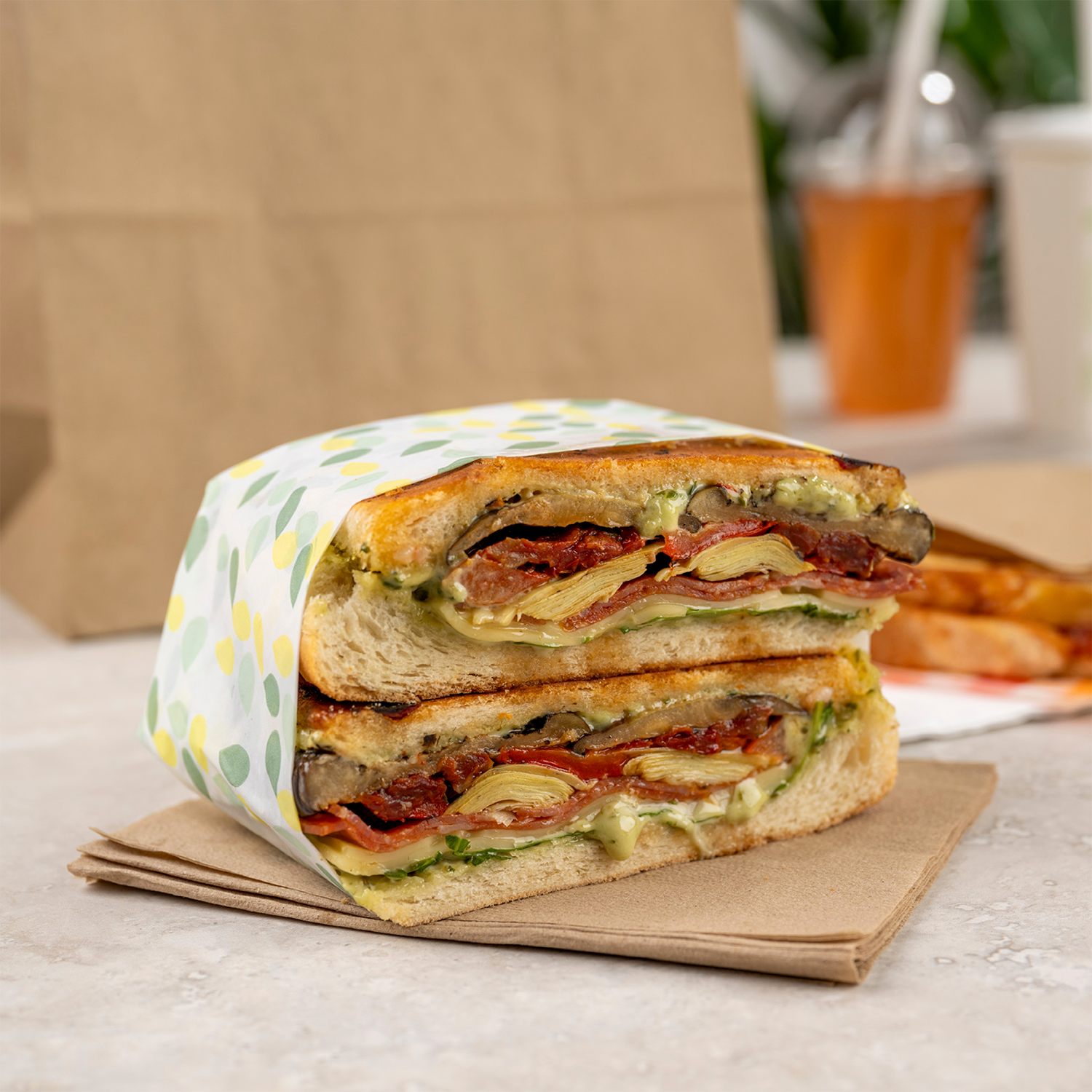

Looking beyond 2025, APCO's 2030 Strategic Plan focuses on long-term change. While it doesn't set new percentage targets, it shifts the focus to how we design, collect, and reuse packaging. The goal is to create a circular economy - where packaging is kept in use for as long as possible, and waste is designed out of the system.
This means:
- Designing packaging that's easier to recycle or compost
- Improving collection and recycling systems
- Using more recycled materials
- Encouraging businesses to work together and share solutions
- Making data and reporting more transparent
These changes are already shaping packaging laws in Australia. From plastic straws and cutlery to takeaway containers, different states are rolling out bans on single-use plastic items. Switching to compostable plates, bowls, and cutlery ensures compliance while reducing waste. You can check the latest updates in your area here.
Is all plastic packaging bad?
Not all plastic packaging is bad or made equal. Polymer-based packaging has had a significant impact on the environment, however, there is a large range of easily recyclable plastics, such as polyethylene terephthalate (PET) or polypropylene (PP), that can be kerbside collected and recycled contributing to a circular economy.
At Detpak, we're committed to developing sustainable alternatives to single-use plastic packaging. Explore our range here.

